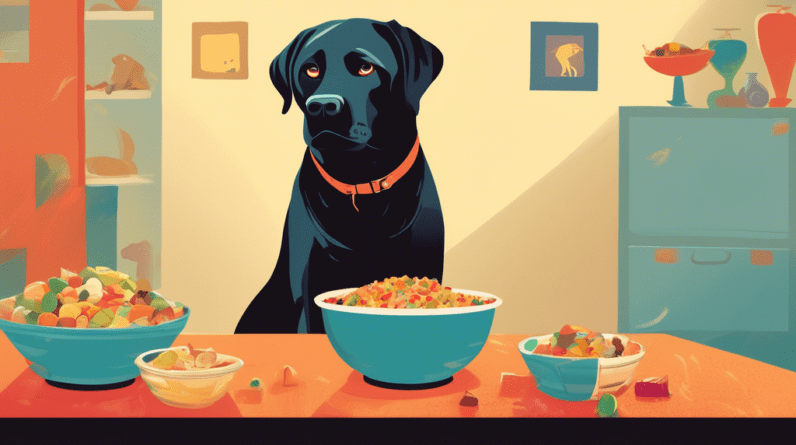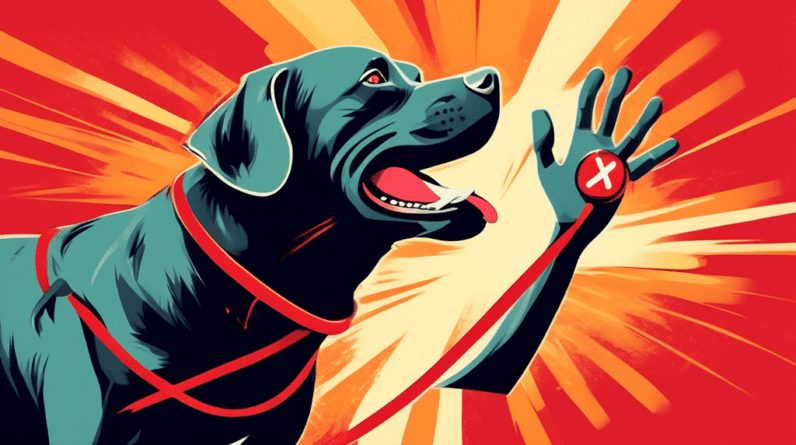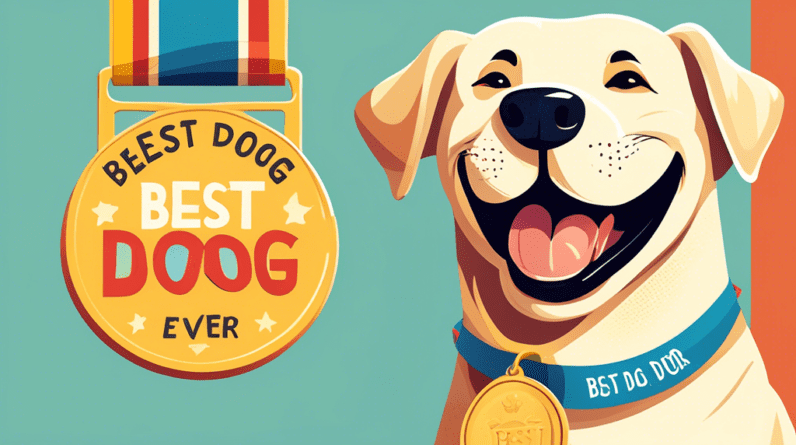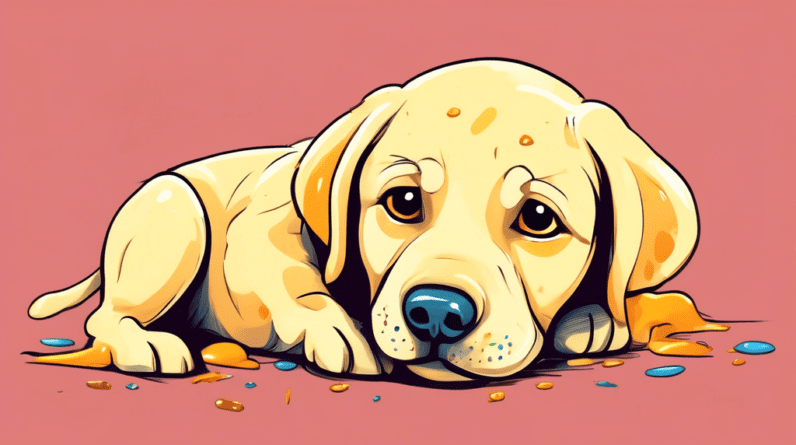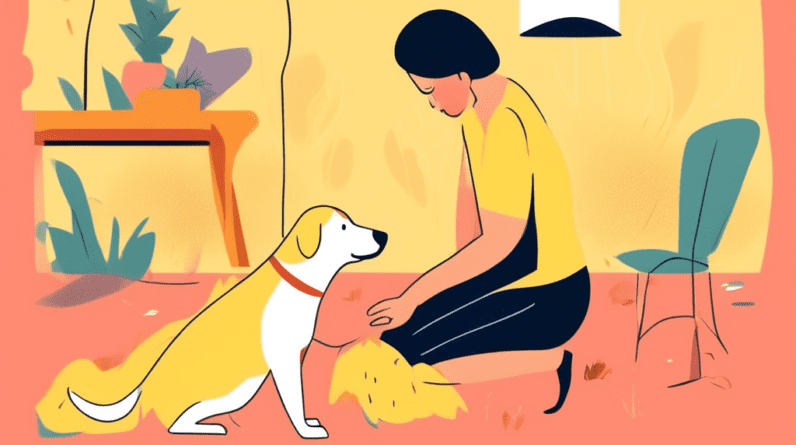
Bringing Home Your Labrador Puppy: A Joyful Responsibility
Congratulations on welcoming a Labrador Retriever puppy into your home! These energetic and loving dogs are a true joy, and their playful nature is sure to light up your life. But before you embark on this rewarding journey, it’s essential to understand the commitment involved in raising a well-adjusted and happy Labrador puppy.
1. Preparing for Your Puppy’s Arrival: Setting the Stage for Success
Bringing a new puppy home requires preparation. Before your furry bundle of joy arrives, take the following steps to ensure a smooth transition:
- Puppy-Proof Your Home: Labradors are curious explorers, especially during puppyhood. Secure any potential hazards like electrical cords, toxic cleaning supplies, and medications. Put away valuable items that could be chewed on.
- Designate a Safe Space: Create a cozy and secure den for your puppy – a haven where they can retreat for rest and feel safe. This could be a crate, a dog bed, or even a designated corner of a room.
- Gather Essential Supplies: Stock up on puppy food (ideally the brand recommended by the breeder or shelter), food and water bowls, a leash and collar, grooming supplies, and safe chew toys.
2. Nutrition for Growing Puppies: Fueling Their Development
Proper nutrition is the cornerstone of a healthy life for your Labrador puppy. Opt for a high-quality, age-appropriate puppy food formulated to meet their specific nutritional needs. Key things to keep in mind:
- Feeding Schedule: Puppies need frequent meals throughout the day. Establish a regular feeding schedule (usually 3-4 times a day) and stick to it as closely as possible.
- Portion Control: Overfeeding can lead to health problems later in life. Follow the feeding guidelines on your chosen puppy food, and consult your vet for personalized recommendations.
- Fresh Water Always: Ensure access to fresh, clean water at all times. Hydration is crucial for their overall well-being.
- Avoid Table Scraps: While it’s tempting to share your food, resist the urge. Many human foods are toxic to dogs and can disrupt their balanced diet.
3. House Training Your Labrador: Patience and Positive Reinforcement
House training can be one of the more challenging aspects of puppyhood, but with consistency and positive reinforcement, your Labrador will catch on. Remember these tips:
- Establish a Routine: Take your puppy outside frequently – first thing in the morning, after meals, after naps, and before bedtime. Praise them enthusiastically when they relieve themselves outdoors.
- Reward Good Behavior: Use positive reinforcement techniques such as treats, praise, and petting when your puppy goes potty in the designated area.
- Accidents Happen: If an accident occurs indoors, clean it up without making a fuss. Never punish your puppy for accidents; it’s counterproductive and can lead to fear and anxiety.
- Crate Training Can Help: If used correctly, a crate can be a valuable tool in house training. Dogs instinctively avoid soiling their sleeping area.
4. Socialization: The Key to a Well-Adjusted Dog
Early socialization is vital for your Labrador puppy’s development into a confident and well-mannered adult dog. Exposing them to a variety of sights, sounds, people, and environments helps them build essential social skills:
- Gradual Introductions: Start by introducing your puppy to your immediate family members and their pets in a controlled and calm manner. Gradually expand their social circle by introducing them to new people and dogs.
- Positive Experiences: Make socialization fun and rewarding. Take your puppy to puppy classes, dog parks (once they’re fully vaccinated), and on walks in different neighborhoods.
- Handle with Care: Encourage friends and family to approach your puppy calmly and gently. Teach children how to interact with dogs appropriately.
5. Exercise and Play: Keeping Those Tails Wagging
Labradors are a high-energy breed known for their love of play and exercise. Regular physical activity is essential for their physical and mental well-being. Here’s how to keep them active:
- Daily Walks: Start with short walks and gradually increase the distance and duration as your puppy grows. Remember, puppies tire easily, so avoid overexertion.
- Playtime is Essential: Engage in interactive play sessions with your Labrador, using toys like fetch balls, frisbees, and tug toys. This helps with bonding, mental stimulation, and burning off excess energy.
- Swimming Adventures: As natural water lovers, Labradors often enjoy swimming. If you have access to a safe and supervised body of water, introduce them to swimming gradually.
6. Training Your Labrador Puppy: Building a Strong Bond
Labrador Retrievers are intelligent and eager to please, making them highly trainable. Begin training early and focus on positive reinforcement techniques:
- Start with Basics: Begin with basic commands like sit, stay, come, and down. Keep training sessions short, fun, and rewarding.
- Positive Reinforcement: Use treats, praise, and toys as rewards for good behavior. Positive reinforcement is far more effective than punishment-based methods.
- Consistency is Key: Be consistent with your commands and expectations. Dogs thrive on routine and clear communication.
- Consider Professional Help: If you encounter challenges or want expert guidance, enroll in puppy training classes or consult a certified dog trainer.
7. Grooming Your Labrador: Maintaining That Beautiful Coat
Labradors have a double coat that requires regular grooming to keep it healthy and free of mats. Follow these grooming tips:
- Brushing: Brush your Labrador’s coat at least twice a week to remove loose hair and prevent mats. Increase brushing frequency during shedding seasons.
- Bathing: Bathe your Labrador only when necessary, typically every 1-3 months, or if they get particularly dirty. Use a dog-specific shampoo and conditioner to avoid irritating their skin.
- Nail Care: Trim your Labrador’s nails regularly to prevent overgrowth and discomfort. If you’re uncomfortable trimming their nails yourself, seek assistance from a groomer or veterinarian.
- Ear Cleaning: Check and clean your Labrador’s ears weekly to prevent ear infections. Use a veterinarian-approved ear cleaning solution and cotton balls.
8. Health Care for Your Labrador Puppy: Preventative Measures for a Long, Happy Life
Regular veterinary checkups are essential for your Labrador puppy’s well-being. Follow these health care guidelines:
- Vaccinations: Ensure your puppy receives all necessary vaccinations to protect them from potentially life-threatening diseases. Your vet will advise you on the appropriate vaccination schedule.
- Parasite Prevention: Protect your Labrador from fleas, ticks, heartworms, and intestinal parasites with veterinarian-prescribed preventative medications.
- Dental Hygiene: Establish a dental care routine early on. Brush your puppy’s teeth regularly with dog-specific toothpaste and consider dental chews to help control plaque and tartar buildup.
- Spay/Neuter: Discuss spaying or neutering your Labrador with your veterinarian. This procedure offers several health and behavioral benefits and helps control pet overpopulation.
9. Common Health Concerns in Labradors: Be Aware, Be Prepared
While generally healthy, Labrador Retrievers are prone to certain health issues. Being aware of these potential problems can help with early detection and treatment:
- Hip and Elbow Dysplasia: These genetic conditions affect the hip and elbow joints, potentially causing pain and mobility issues.
- Obesity: Labradors love to eat, making them prone to weight gain. Maintain a healthy weight through portion control and regular exercise.
- Ear Infections: Their floppy ears can trap moisture, making them susceptible to ear infections. Regular ear cleaning can help prevent this problem.
- Bloat: This serious condition, also known as Gastric Dilatation-Volvulus (GDV), occurs when the stomach twists. It is a medical emergency.
10. Building an Unbreakable Bond: A Lifetime of Love
Raising a Labrador puppy is an incredibly rewarding experience. Your patience, love, and dedication will be rewarded with the unconditional love and loyalty of one of the most beloved dog breeds. By following these essential care tips, you can help your Labrador puppy thrive and enjoy a long, healthy, and happy life by your side.

